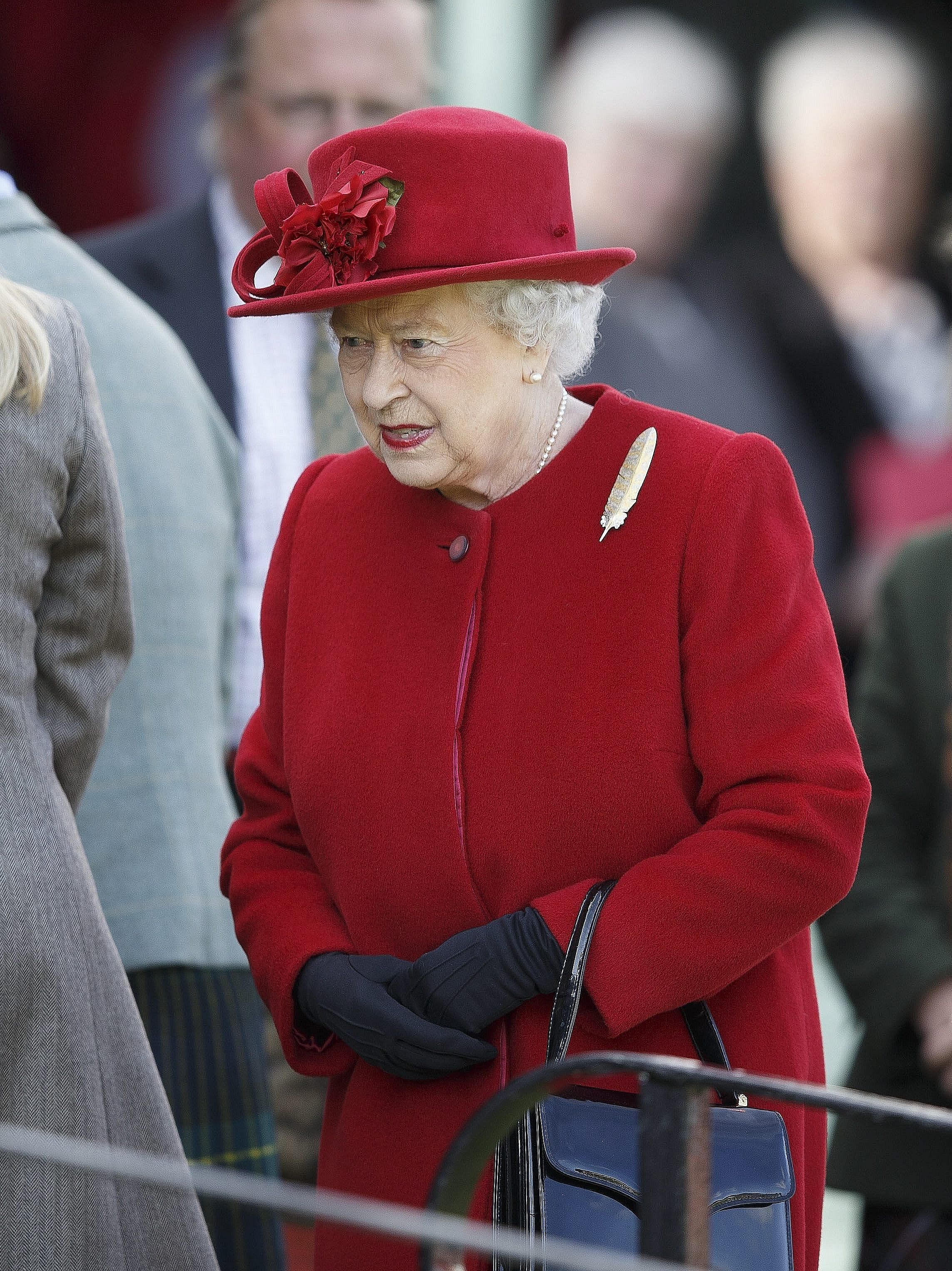September marks the moment when Queen Elizabeth II, one of the most famous and admired women in the world, becomes the longest-serving monarch in the history of the United Kingdom. Almost 64 years ago, when she assumed the throne, Winston Churchill was British Prime Minister, Joseph Stalin was leader of the Soviet Union, Harry Truman was US President, and Mao Zedong was the Chinese Communist leader.
The Queen, who at 89 years old is already the UK's longest-living monarch, represents a figure of significant continuity for many UK and international publics during a 61/2-decade period when the world has been transformed. When she succeeded her father, King George VI, the world's population was around 2.6 billion people; the Korean War was still under way; the People's Republic of China (PRC) was only two years old; and Britain was just about to join the United States and the Soviet Union as a nuclear weapons power.
Today, the global population has tripled from 1952 to an estimated 7.3 billion; the PRC is an emerging superpower, with the largest economy in the world on purchasing power parity terms; the Soviet Union has long ago disappeared from the geopolitical landscape; and the UK has transitioned to what some term as a "middle power" with the British Empire now dismantled, including most recently Hong Kong in 1997, although some of these former colonial states and dominions remain in the 53-member-country, 2.2-billion-population Commonwealth.

While the Queen is widely perceived as a force for stability, the role of the British monarch has actually changed significantly during the period she has been on the throne. Among the key recent reforms she has helped oversee are ending the rule of male primogeniture on the throne, which means girls now born to members of the Royal Family have equal rights with boys in the succession to the throne; and ending the prohibition on her successors marrying a Catholic.
Another change concerns the monarch's finances, which are now more transparent with the Queen paying income and capital gains tax, and her official residences opened to the public to help pay for their upkeep. Moreover, as of 2013, the monarch no longer receives a fixed amount of money through the Civil List (as Elizabeth's predecessors did for some 250 years), and instead receives a portion of revenue from the Crown Estate property portfolio.
Amid the high esteem that the Queen and some other members of the Royal Family are currently held in, what is sometimes forgotten is that she has enjoyed bouts of significantly lower popularity. The 1990s were particularly troubled in this respect, with 1992 becoming her self-described "annus horribilis" when the marriages of three of her children, including her heir Prince Charles, disintegrated, and Windsor Castle was nearly destroyed by fire.
Meanwhile, her response to the death in 1997 of Charles' first wife, Princess Diana, was widely criticised at the time by the UK public.
Nonetheless, the Queen and her immediate family have largely recovered from this period, and younger members, including Prince William, have helped power the ruling clan's popularity ratings to record highs in recent years. Less than a quarter of the British population wants a republic, and many believe that it is better to have a non-divisive, non-political head of state.
This factor may become even more important in the future, given that the UK appears to be becoming increasingly divided on geographic lines, especially given increased pressure for independence in Scotland.
The Queen is also widely admired internationally, fuelled by her visits to some 132 countries during her long reign. In an international poll by YouGov this year, for instance, she came in among the top five of the most admired women in the world, alongside US presidential contender Hillary Clinton, US First Lady Michelle Obama, actress and humanitarian activist Angelina Jolie, and Pakistani educational campaigner Malala Yousafzai.
Going forward, a key question is whether or not the Queen, at almost 90 years of age, might choose to abdicate before she dies, and also how the monarchy will fare in the post-Elizabeth II period.
On the first question, speculation has been heightened following the abdications in 2013 of both Queen Beatrix of the Netherlands and King Albert of Belgium.
The Queen has already stepped back from duties requiring long-distance flights - the farthest she will travel this year is Malta for November's Commonwealth Heads of Government Meeting. However, there are no obvious signs yet that she will not follow the example of her great-grandmother Queen Victoria (1837-1901), the previous holder of record longevity for a sitting UK monarch, who died in office.
On the second issue, Charles at 66 is already at an age when many people are retired, and is the longest waiting and oldest heir to the throne in British history. Moreover, his own personal popularity is neither as high as his mother's, nor that of his son William.
Indeed, polls show that a significant body of the UK public would prefer the monarchy to skip a generation from Elizabeth to William upon the Queen's passing. This leaves open the significant possibility that the Royal Family could become less popular under Charles' rule, not least given public indifference towards his second wife Camilla.
Taken overall, despite the fact that the Queen is widely perceived as a force for stability and continuity, her reign has seen significant changes to the UK monarchy.
While support for the Royal Family is currently high across much of Britain, significant uncertainties remain about the post-Elizabeth II period, including how popular and able Charles will prove as her successor as monarch.
• The writer is a former UK government special adviser.
